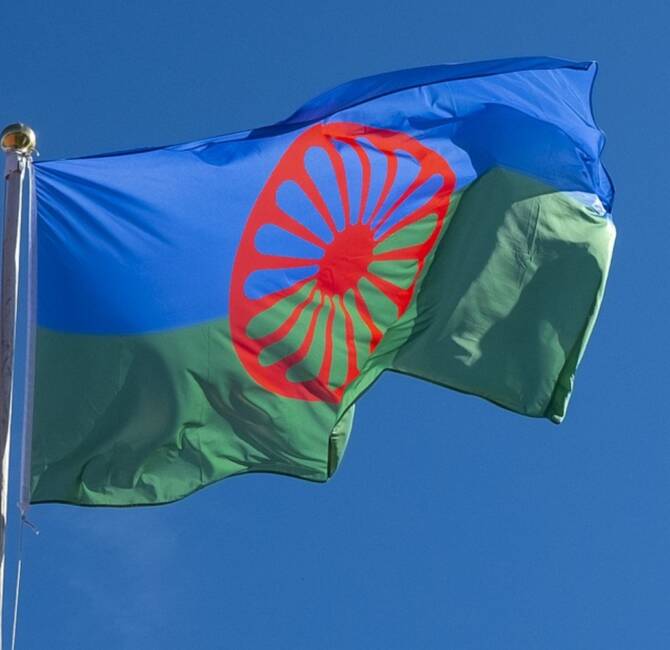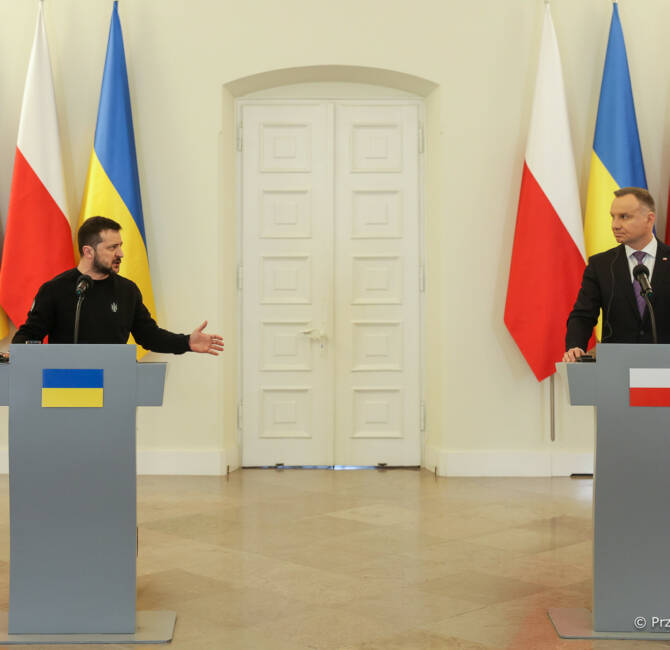Poland – As the situation of 32 migrants stranded on the Belarusian side of the border near the Polish village of Usnarz Górny (Podlaskie) remained stalled – with Polish border guards denying them passage to Poland and their Belarusian counterparts preventing them from returning to Belarus – pro-migrant activists, encouraged by human rights campaigner and filmmaker Paweł Kasprzak, set out on Sunday 29 August to cut the barbed wire of the Polish border fence.
“Let’s symbolically break down these barriers”
Because of the migration crisis caused by Belarusian authorities using migrants as tools to retaliate against EU sanctions following President Lukashenko’s strongly contested re-election in August 2020, Polish Defence Minister Mariusz Błaszczak has announced the building of a protective fence on Poland’s eastern border. The Polish fence will be similar to the one Hungary erected on its southern border in 2015. As of Friday 27 August, the first six kilometres had been put in place, in addition to the 150 km of barbed wire already laid on the ground in the second half of August. However, as reported on the website of the conservative weekly Do Rzeczy, on Sunday 29 August, in the locality of Szymaki, located some 20 kilometres north of Usnarz Górny, a dozen activists from the Open Dialogue Foundation (Fundacja Otwarty Dialog) led by activist Bartosz Kramek approached the barbed wire and began tearing it off with pliers and crowbars, sharing images of their actions on social networks.
Committed filmmaker Paweł Kasprzak published the images on his Facebook account with the following comment:
“It’s not just a ’from-the-heart reaction’. It is a deliberate strategy. 13 determined and incredibly courageous people went to make the largest possible hole in Błaszczak’s fence.
They have no great illusions about this. They went there to be convicted of destruction of property and violation of border infrastructure”, he said, suggesting that the purpose of this symbolic action – since it did not actually allow the illegal crossing of the border by migrants – was precisely to later exploit the expected criminal convictions for these deliberate acts of damage to public property. For his part, Bartosz Kramek had urged in the progressive daily Gazeta Wyborcza to “encourage the destruction of barbed wire at the border” and presented his intended action as “civil disobedience”: “Let’s go there and symbolically knock down these barriers, as proposed by the founder of the Citizens of the Republic of Poland [Obywatele RP] movement, Paweł Kasprzak. Let’s protest actively and resolutely, in a spirit of civil disobedience. The barriers are only in our minds.”
Strong government response
Predictably, the thirteen people – twelve Poles and one Dutchman – involved in the illegal action were arrested shortly afterwards by Polish border guards. Interior Minister Mariusz Kamiński said that they “the situation at our border is absolutely unacceptable.
The perpetrators who broke the fence were arrested by border guards and will face the full criminal consequences of their actions. We will respond to such acts with full determination.”
Deputy Interior Minister Maciej Wąsik confirmed: “Border guards arrested a group of 13 people who were damaging the infrastructure at the Polish–Belarusian border. Among the detainees is Bartosz Kramek, who called for such an act in Gazeta Wyborcza […]
There will be no leniency for supporting Lukashenko’s hybrid war. The perpetrators will have their case presented to the prosecutor.”
Tusk criticizes government’s “delayed reactions”
It was in this context – but nonetheless prior to the damage done by activists to the barbed wire at the border – that former liberal prime minister Donald Tusk, chairman of the Civic Platform (PO), issued a statement on Wednesday 25 August, criticizing the government’s action in the face of the migration crisis caused by Belarus: “We are all concerned about the situation on our eastern border. Unfortunately, this concern is justified.
First of all, we are deeply affected by the humanitarian crisis and the dramatic situation of the 30 people camped on our border, among them women and children.
[…] This feeling of helplessness on the part of our authorities is all the more justified because, after all, we know full well that thousands of migrants have crossed the Polish border illegally in recent weeks, as confirmed by government officials […] So what should we do today? How can we prevent such a negative, even dramatic, development? We must build a national consensus around the two fundamental dimensions of this crisis. First of all, I think we all want to help those who are suffering, and I’m talking specifically about this group of 30 people.
It is not possible for the government of a major European country to be unable to provide medicine and a sandwich to a mother and child at our border.
Secondly, and this is an issue of great political importance, we must be able to secure our borders, and here too we have a feeling of helplessness and disarray on the part of our government, and also of a tardy response to the growing migration crisis. […] The government, but also all of us, have a responsibility to talk seriously and responsibly about how to prevent this crisis, how to help those in need and how to secure our borders […] Today, in fact, there are only victims of this still small crisis, and these victims are the people suffering at the border, the soldiers and the border guards whose reputation has been damaged, especially by the ill-considered actions of the authorities.
We are all victims, because we are increasingly divided, so I expect the Polish government and president to take immediate steps to build a national consensus and agreement regarding these problems.”




